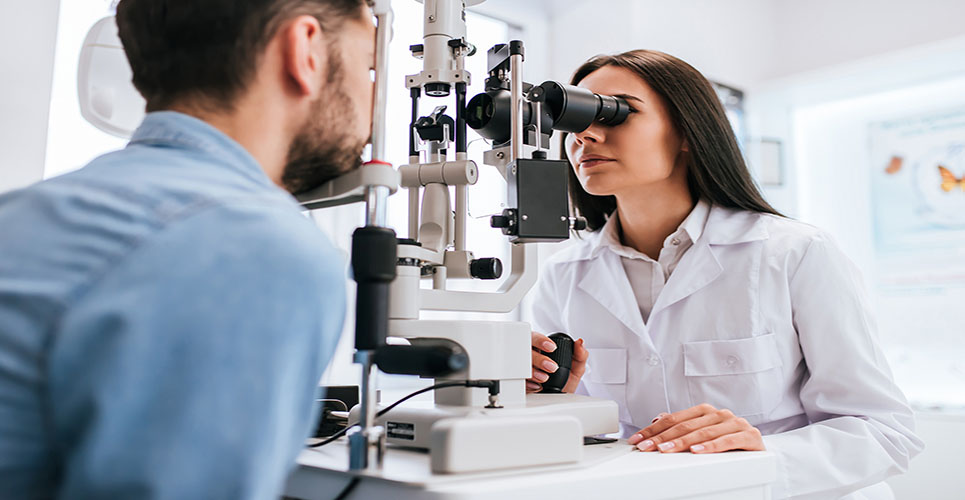The Dompé biopharmaceutical company announced that the Committee for Orphan Medicinal Products of the European Medicines Agency (EMA) has officially designated recombinant human Nerve Growth Factor (rhNGF) – the investigational biotech molecule developed by Dompé based on research by Nobel Laureate Rita Levi Montalcini – as an orphan drug for the treatment of neurotrophic keratitis. NGF is the first neurotrophic factor to be identified and purified, and represents one of the most interesting topics being studied in medicine today and specifically in ophthalmology.
Orphan drug designation represents a milestone in the development of NGF in eye pathologies. After the first studies were conducted with murine NGF, the molecule’s potential was further investigated by the Dompé Group, which has developed a process for the production of recombinant human NGF on an industrial scale at the biotechnology plant in L’Aquila, Italy. The development of an rhNGF-based biotech eye drops solution marked the beginning of a research effort to evaluate the safety and efficacy of the investigational drug in patients with neurotrophic keratitis, a rare and orphan disease.
The cornea can be described as a “transparent window”, playing an essential role in the passage of visual stimuli to the retina of the eye; innervation is particularly high in the cornea relative to other parts of the eye. This characteristic was the starting point that allowed Dompé to adopt this innovative approach. The mechanism of action of rhNGF aims to restore innervation in the corneal area, which may have been damaged due to various pathological causes (surgery, herpetic infections, trauma, burns, etc.) capable of resulting in neurotrophic keratitis. The goal of treatment is to restore corneal integrity and, consequently, to recover visual function.
The scientific community is waiting for the results of the REPARO Phase I/II clinical trial, the first international trial to test the efficacy and safety of rhNGF for ophthalmic use in patients affected by the disease. This randomised, double-blind, vehicle-controlled parallel group study was conducted in 39 centres in nine European countries, and enrolled adult patients with unilateral neurotrophic keratitis with corneal lesions of stage 2 (persistent epithelial defect) or stage 3 (corneal ulcer) who did not respond to currently available medical treatments. The final results are expected in the coming months.
“Orphan drug designation by EMA for rhNGF fills Dompé with great pride and will encourage us to continue in our commitment to provide innovative solutions to the unmet needs of Patients in ophthalmology,” says Eugenio Aringhieri, Dompé Chief Executive Officer. “European recognition follows that of the Food and Drug Administration, which granted rhNGF orphan drug designation for the treatment of neurotrophic keratitis and allowed the activation of an Investigational New Drug application for the start of a clinical trial in the United States. Pending the results of the REPARO trial, our work is constantly projected toward making this therapeutic option available, thus allowing physicians and Patients alike to have a potential innovative approach targeted to this pathology for which there is currently no treatment. In the future, rhNGF may provide new research opportunities including in Patients with other eye diseases, especially those affecting the posterior segment of the eyeball. I’m referring here to more common diseases that can lead to loss of sight, such as glaucoma, or rare forms of congenital retinal degeneration, such as retinitis pigmentosa, for which rhNGF has already received orphan drug designation in Europe and the US.”

